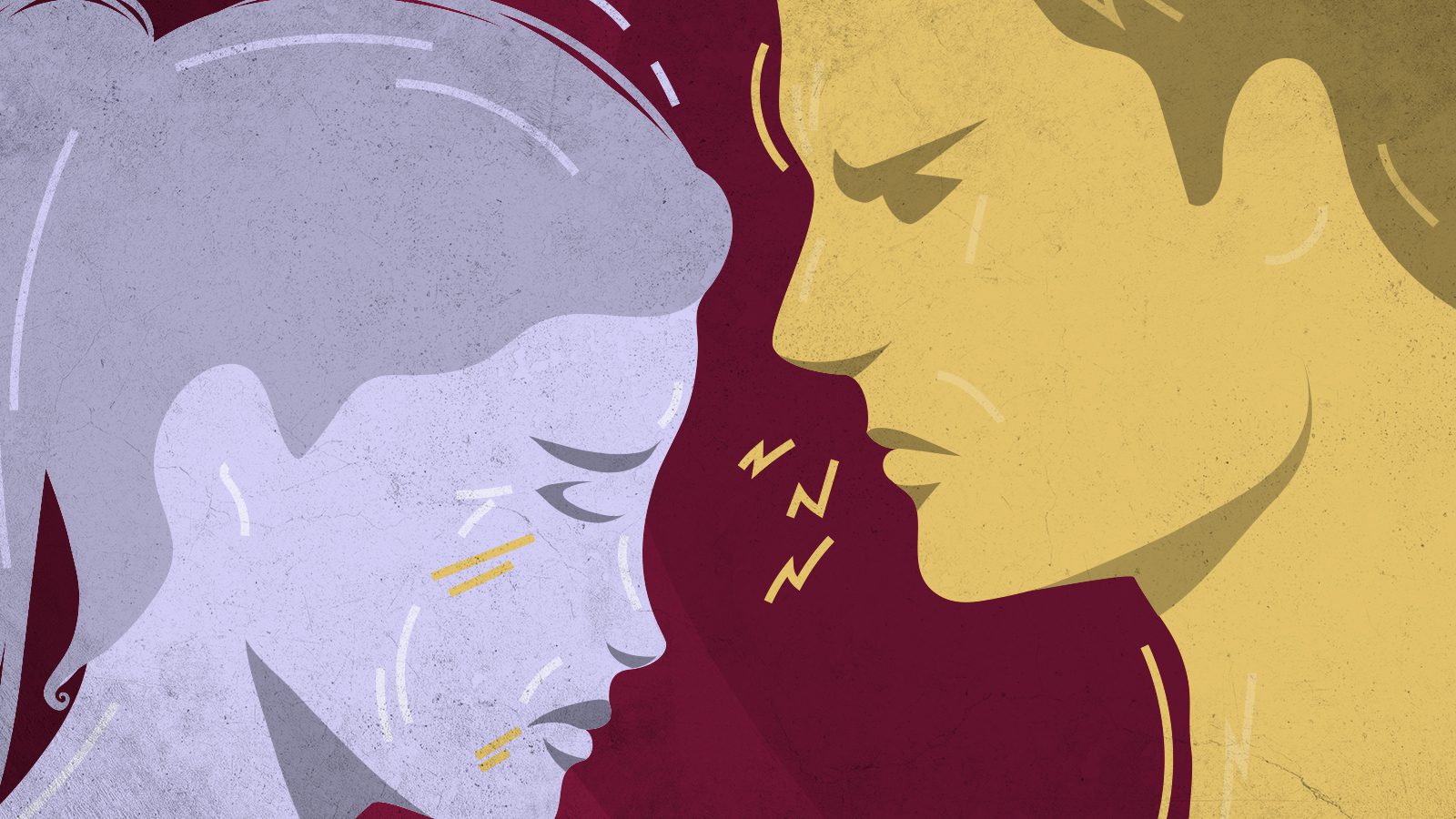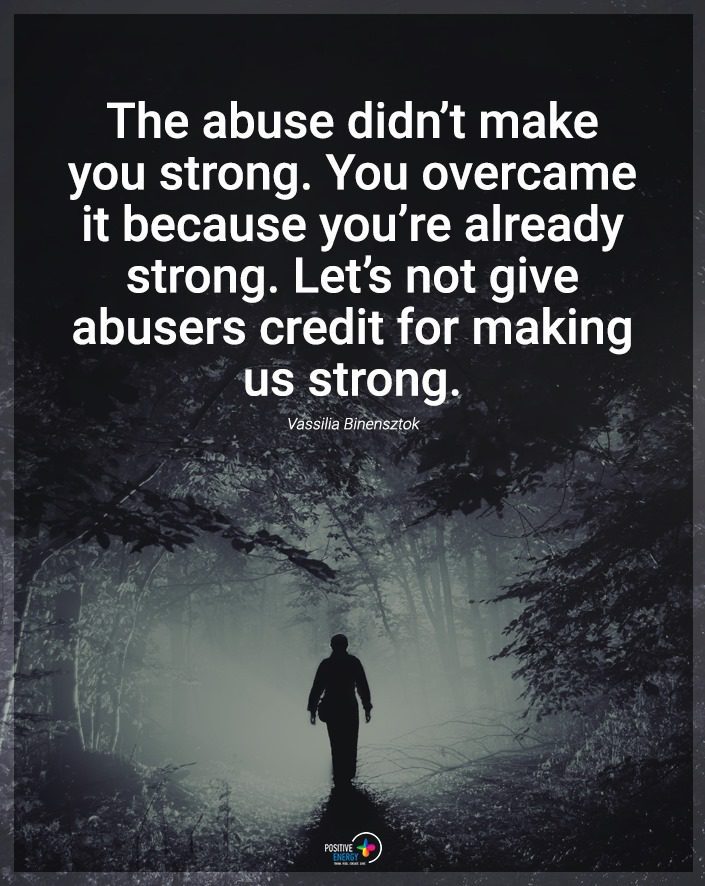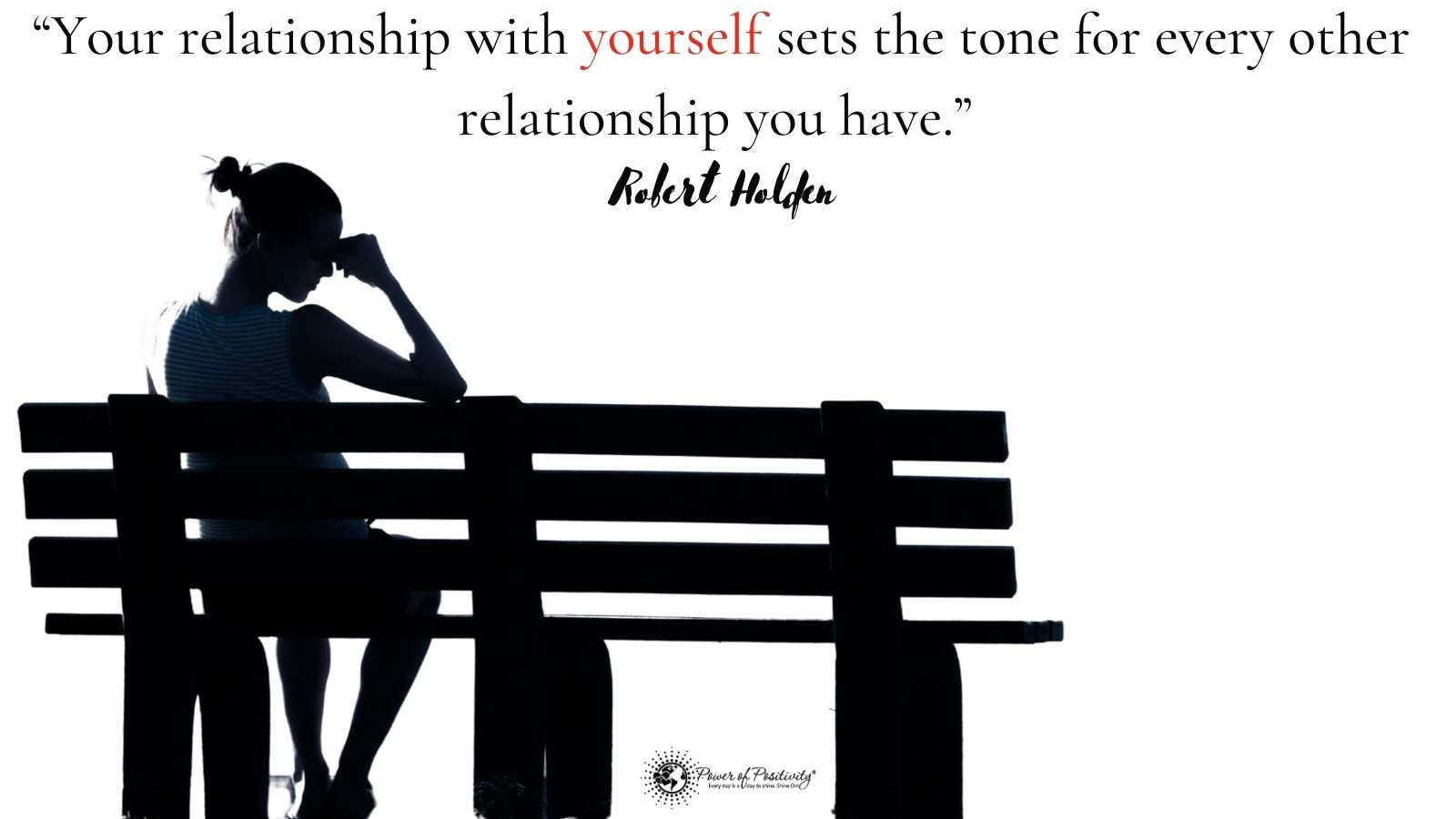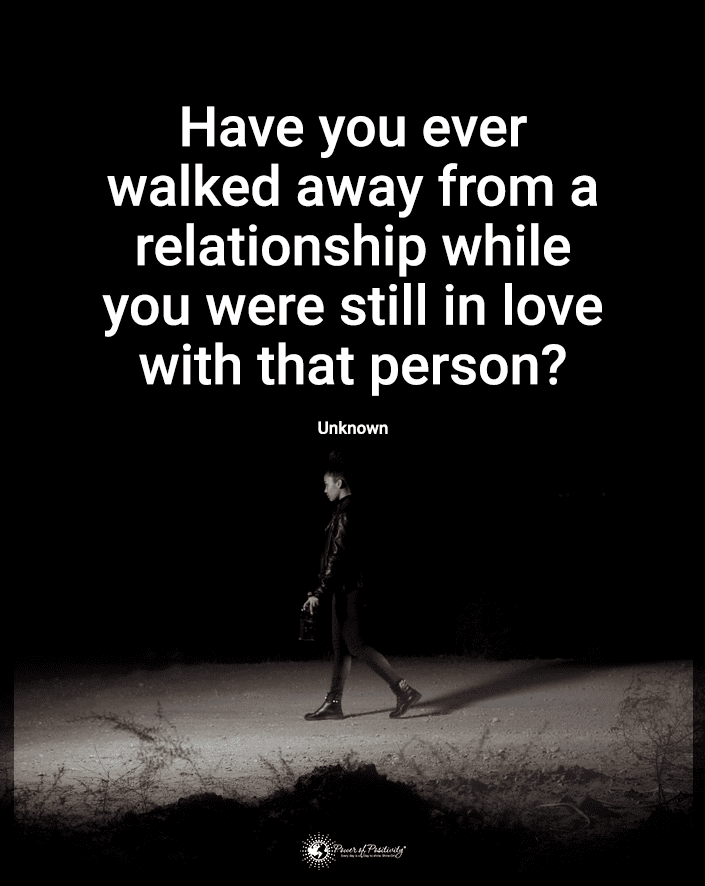Narcissistic abuse is probably one of the hardest things to overcome. It can create deep scars. In fact, your healing process may last months or even years. But, as with most things, there is always hope of you getting better when you leave a narcissist. Every healing process starts with you deciding to get better. The rest will fall into place if you have that intention. If you’re still confused about what steps you can take, here are three things you can do to heal from narcissistic abuse.
What Is Narcissism and Narcissistic Abuse?
Narcissism is a term that’s often thrown around as an insult. But not everyone understands that it’s a psychological term to describe a particular set of behaviors. Narcissists aren’t just a little mean and selfish. They are incredibly self-involved people with little to no regard for others’ feelings. They ignore the needs and wants of the ones around them because they see themselves as better than most.
Their time is much too valuable to spend helping and respecting others, or so they believe. As a result, one can display narcissistic behaviors without being a full-fledged narcissist. Being a narcissist is a psychological condition. You need to consult with a specialist before receiving this diagnosis. But everyone can act in selfish ways from time to time.
Narcissistic behavior can occur if we are overly selfish when sharing something we like. If this behavior is isolated, there’s no need to worry. In psychological terms, a narcissist is someone who shows a frequent disregard for others’ feelings. Narcissists lack empathy, don’t understand how their behavior can affect others, and don’t care. They are self-centered and have an inflated sense of self, which makes them feel entitled. They often come across as arrogant, confident, and entirely in control. That doesn’t mean they don’t have insecurities.
Many people become narcissists to mask all these insecurities and appear perfect. They are desperate to seem perfect and have a deep need for attention. Don’t be shocked if these people try to manipulate and gaslight you. Instead, they would create a complex web of lies and be accountable for their actions. And they like to control the narrative. That’s why they manipulate.
The NPD Spectrum
Narcissism is a spectrum. That’s why some people who only display rare narcissistic behaviors are not necessarily narcissists. People with narcissistic personality disorder (NPD) are at the high end of this spectrum. The people on the lower end are still narcissists but don’t suffer from this mental health disorder. All narcissists exhibit similar character traits, but they differ in gravity. The further up you are on the spectrum, the worse you become. People with NPD feel little to no empathy.
They aren’t ashamed to step on others to get ahead, even if they must tear their loved ones down. The abuse they engage in is narcissistic abuse. The ones on the lower end aren’t as extreme. Often, they aren’t the ones engaging in narcissistic abuse. Narcissism isn’t an overt behavior in that they often don’t show their true self. Most of the time, they are ashamed of their true self and spend most of their time constructing a façade. In most cases, it’s impossible to tell they are a narcissist when you first meet them.
Overt Narcissism Versus Covert Narcissism
Just because they don’t feel empathy doesn’t mean they must show it. Narcissists are great liars and can easily fool people into believing their lies. In-depth studies on this behavior have determined two types of narcissism: covert and overt. Overt narcissism is something you can easily spot. Overt narcissists don’t hide who they are and aren’t ashamed to show just how mean and manipulative they are. Covert narcissism is one harder to spot.
The covert narcissist is introverted and reserved. Maybe this definition doesn’t make sense to you, as narcissists are supposed to be arrogant and confident. As mentioned, insecurities often determine narcissism, and this NYU study supports this. These people need to be loved by others. If they can’t get attention by showing off and being arrogant, they’ll do it through other means.
Because of that, they aren’t afraid to be vulnerable as long as you give them attention. As you can probably tell by now, it’s tough to spot narcissists, especially the covert ones. They seem so charming that many people have difficulty not liking them. Even worse it’s that it’s so easy to fall for them and become romantically involved. Unfortunately, most people will be with narcissists at some point. Some will even believe that person is the love of their life.
But narcissists are only lovely until they see you on their hook. They start being their true selves when they know you’re not going anywhere. They become cold, arrogant, and abusive. Their damage is unparalleled, and it can seem like you might never heal. But don’t lose hope because there are many ways to get back on your feet.
3 Ways to Heal from Narcissistic Abuse
Do the above descriptions sound eerily familiar? If you need to recover from narcissistic abuse, here are some behaviors to help.
1 – Acknowledge the Narcissistic Abuse
The first step you need to take after getting out of any abusive situation is acknowledging what you’ve been through. In cases of narcissistic abuse, that can be harder, as the abuse is purely emotional. People find it easier to accept the abuse after physical mistreatment. But, people want to brush it off whenever the damage occurs psychologically.
That’s partly because there’s still a lot of stigma and victim-blaming associated with abuse. Society seems to think that if there aren’t any scars, the abuse didn’t happen. They believe that the people who receive this abuse are liars or someone trying to destroy the abuser’s life. Don’t be scared of facing this backlash. The only one who needs to believe you is yourself.
When you try to brush over what happened to you, you bury what you’ve been through deep down. You don’t deal with the scars left. You hide and hope that the pain goes away. But the only thing you manage to do is invalidate your feelings, thus negating your healing process.
To heal from narcissistic abuse, acknowledge what you’ve been through. Validate your pain and allow yourself time to process. When you accept that the abuse happened, you’ll stop blaming yourself. Thus, you’ll take the first steps towards healing.
2 – Distance Yourself from Your Abuser
One of the trickiest things about being with a narcissist is that the relationship can become intoxicating. These people have a knack for making you feel special, even though they don’t truly care about you. They’ll only act friendly when you’re falling out of love or getting distant. That way, they always keep you by their side. You can accurately describe this relationship as obsessive. Sure, there’s passion, but in the worst way possible.
If you are stuck in such a relationship, you can’t expect to get out unless you cut all ties with your ex. Otherwise, you’ll have to endure their narcissistic abuse forever. These people are not above coming to your house and hovering around until you talk to them. They’ll spam you with calls and texts that threaten or sweet-talk you. They can continue their abuse even after you have broken up. Please don’t make it easy for them to contact you.
Block them on all platforms, and even consider staying with a friend for a while. At first glance, these measures might seem extreme. But if you don’t cut all ties with them, you risk taking them back. Allow yourself a few months to get over them before even considering being in the same friend group.
3 – Practice Self-Care After Narcissistic Abuse
As mentioned, narcissistic abuse leaves many scars, even if you can’t see them. This abuse chips your core and makes you feel you aren’t enough. Your self-esteem is one of the first things narcissists aim to destroy in you. They also want to isolate you from your friends and stop you from engaging in activities you like.
They want to make you as dependent on them as possible. Self-care is a priority when you finally get rid of such a person and begin healing. Self-care doesn’t just mean taking bubble baths, though that’s fun and relaxing. It also means working on yourself through meditation and practicing gratitude. It means doing the things you love, whatever those might be.
For example, working at your craft will help you heal if you like to crochet. It’s also important to reconnect with the people you’ve lost during the narcissistic abuse. Reach out to friends and family and confide in them. You must own up to the mistake of distancing yourself from them. But that’s just part of the process. The sooner you do that, the sooner those people can help you heal.
Final Thoughts on Some Ways to Heal from Narcissistic Abuse
Narcissistic abuse is not easy to heal from. Unfortunately, way too many people experience it throughout their lives. If that ever happens to you, you must know how to handle it. Going through that abuse and surviving is one thing. But healing from it is a different monster you need to tackle. Still, you can do a few things to ensure the process goes smoothly.
The first thing you need to do is acknowledge that a narcissist abused you. Otherwise, you’ll be in denial until the feelings get too much to handle. Allow yourself to be hurt and accept that what happened to you was abuse. Next, you must make sure you limit all contact with your abuser. Don’t text or call them. Even better, block them and make sure you don’t hang out in places where they might be.
This distance allows you to see just how badly someone treated you. If you don’t limit contact, you risk getting back together again. Lastly, it would help if you practiced self-care. Do things that make you happy and pamper yourself. Take up on hobbies you love and reach out to old friends. After a while, your wounds will start healing, and you’ll return to your old self.


















